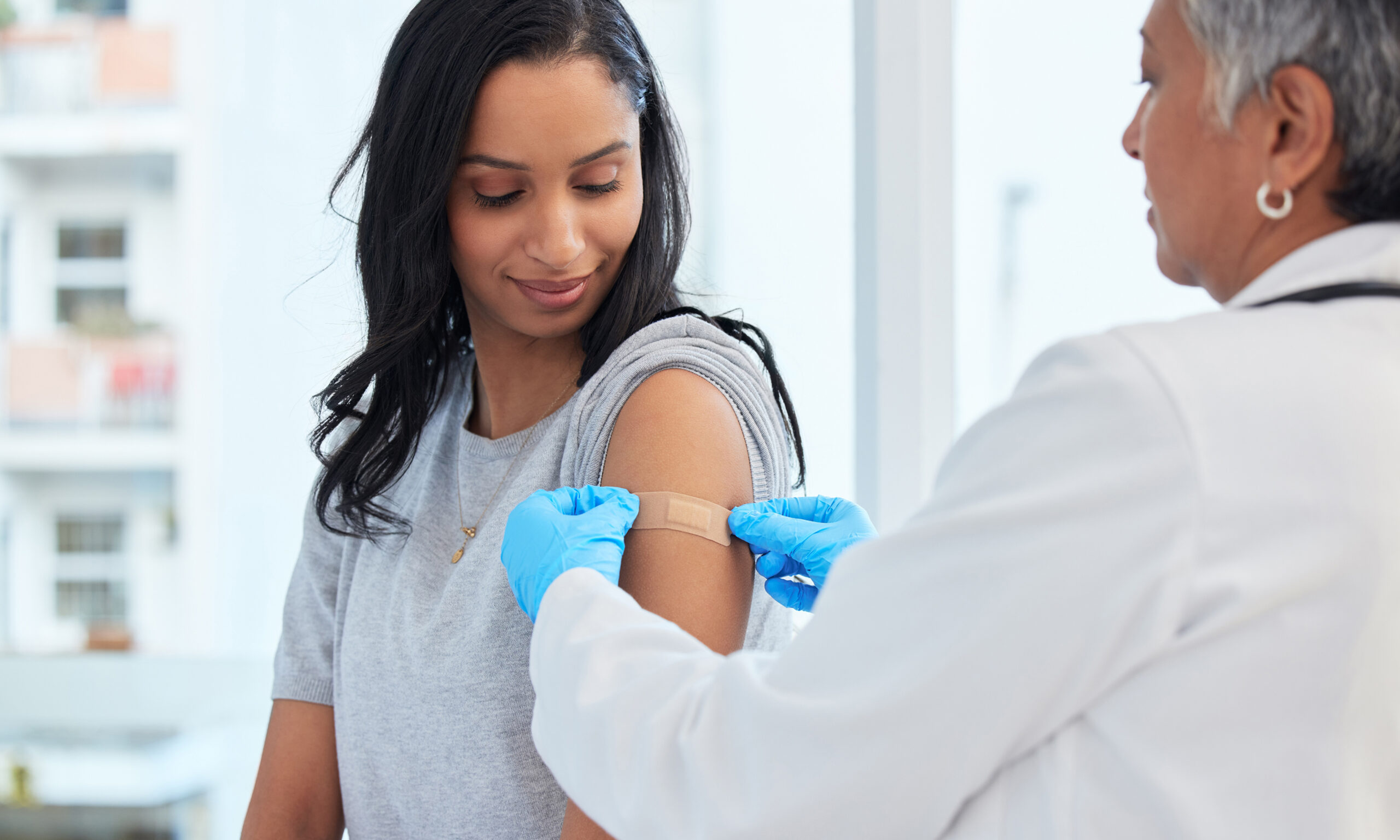Traveling internationally is exciting, but it takes preparation and research to ensure that you stay safe and healthy when you’re far from home. Different countries have different health concerns, so it’s important to know what vaccinations are required to go to your destination, and what vaccinations are simply a good idea.
Vaccinations For International Travel
Traveling to different countries may expose you to risks from insects that carry disease, contaminated water, or illnesses and diseases that are common to a specific region. It’s always a good idea to get vaccinated for the flu and Covid-19, but when traveling you should also make sure that your tetanus vaccine is up-to-date, and get vaccinated against hepatitis A and B.
The CDC also recommends that before traveling, you make sure that you’re up to date on the standard vaccines including:
- Chickenpox
- Diphtheria-Tetanus-Pertussis
- Measles-Mumps-Rubella
- Polio
- Shingles
The measles vaccine in particular is strongly recommended, as cases around the world have seen a spike.
Location specific vaccination recommendations and requirements can be found on the CDC website. It’s extremely important that you check this site when making your travel plans.
Common recommendations include:
- Prescription medication to prevent malaria. Different medications are recommended for different locations because of the malaria strains that are common in that location.
- Rabies vaccine. Certain countries present the risk of rabid dogs and bats.
- Typhoid vaccine. Typhoid can come from contaminated food or water and is common in Asia, Africa, and Latin America.
- Yellow fever vaccine. Many countries require this vaccine before entry.
- Japanese encephalitis vaccine. Recommended for travel in Asia and the Western Pacific.
- Cholera vaccine. Cholera can come from contaminated food or water, as well as toilet seats.
Vaccinations for Cruises
If you’re going on a cruise, you’ll be in close quarters with many people, so even if you’re not stopping in another country, you should still have basic vaccines including:
- Flu
- COVID-19
- Hepatitis A and B
- Tetanus
Where to Get Vaccinated
Your health care provider likely does not stock all of these travel vaccines, but many health systems have travel clinics where you can get vaccinated. Check with your physician’s office or their health system to find one near you. Be sure to give your physician information about any vaccines that you receive and get a copy of your full vaccine record before you travel.
How to Stay Healthy When Traveling
In addition to getting required or recommended vaccinations, you should follow certain other guidelines to stay healthy when you’re traveling internationally.
Food and Water
Different countries have different safety standards when it comes to food and water. When eating out, do not eat lukewarm food. Make sure that if it’s supposed be hot, it’s hot, and if it’s supposed be cold, it’s cold. Lukewarm is the danger zone for bacteria. Also, beware of eating raw foods, even vegetables or salads, and avoid street vendor foods.
If you’re in a country known to have water contamination issues, don’t drink tap water and don’t swallow any in the shower. Use bottled water to brush your teeth. If you’re not sure of the water quality in any area, you can treat it before use. Also, beware of drinks that contain ice.
Bug Bites
Bugs can carry diseases, so you should take steps to avoid bug bites. Keep as much of your skin covered as possible and use insect repellent. If your sleeping area is open to the outdoors, use a bed net.
Avoid Animals
In some countries, rabies is more prevalent, and animals, including dogs, may be running free. Be sure not to touch or feed any animals, and if you are bitten or scratched by an animal, seek immediate medical care.
Stay Sanitary
Be sure to wash your hands frequently, use hand sanitizer, and avoid touching your face. You should also stay distant from anyone who seems sick.
Be Aware of Medical Care Options
Before you travel, learn about the medical care system in the place that you’re visiting. Write down hospital and doctor names and addresses, and check with your health insurance company to see if international medical care will be covered. Also, if you take prescription medications, make sure they are legal in the country that you are visiting.
Personal Security
Before you travel, research the location to see what kinds of crimes may be common, particularly against tourists, and know how to contact emergency services. Also, know the local laws to ensure that you follow them, and know local customs as well. Understanding transportation options and risks is also a must.
Additionally, keep your belongings secure and your hotel room door locked, don’t wear expensive jewelry, and don’t carry any more cash than necessary.
In Closing
Traveling the world brings unforgettable experiences, but it’s important to ensure that those experiences aren’t ruined by health or safety issues. Research your destination carefully and get the required and recommended vaccinations.
Health Service Alliance can help with your vaccine needs. We are dedicated to providing compassionate, personalized, and accessible care regardless of your ability to pay. Reach out today to learn more.




